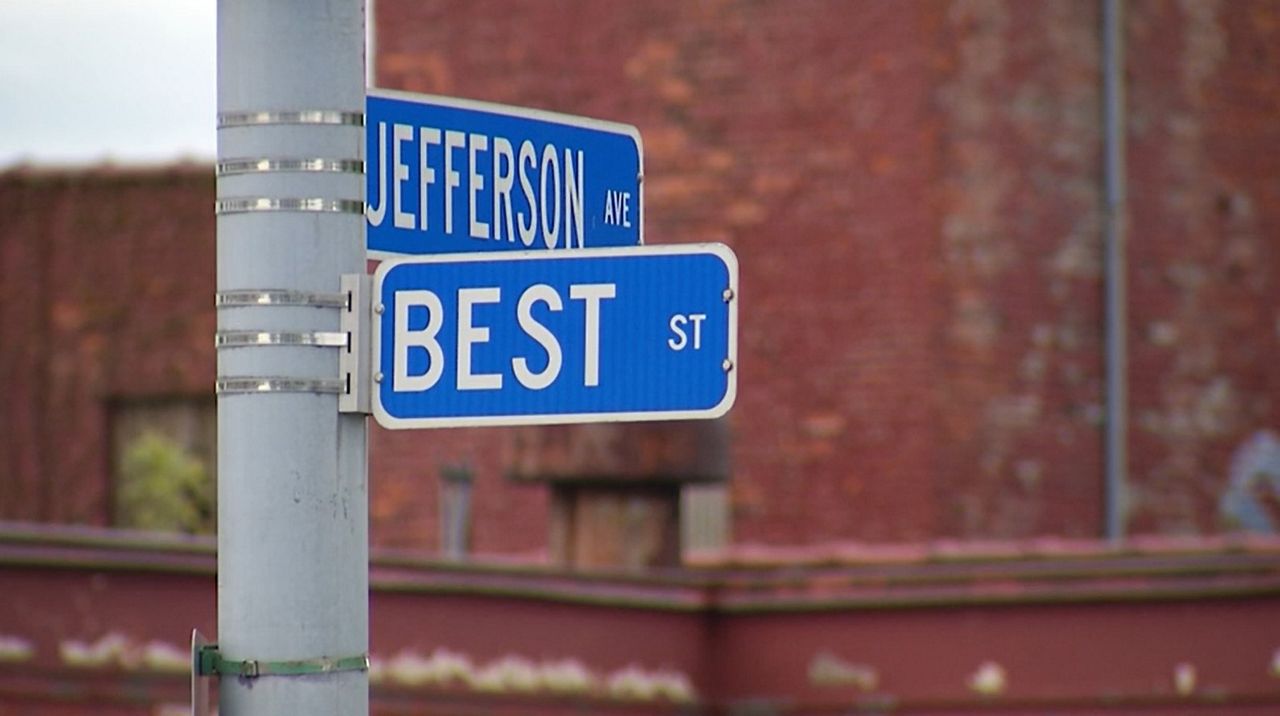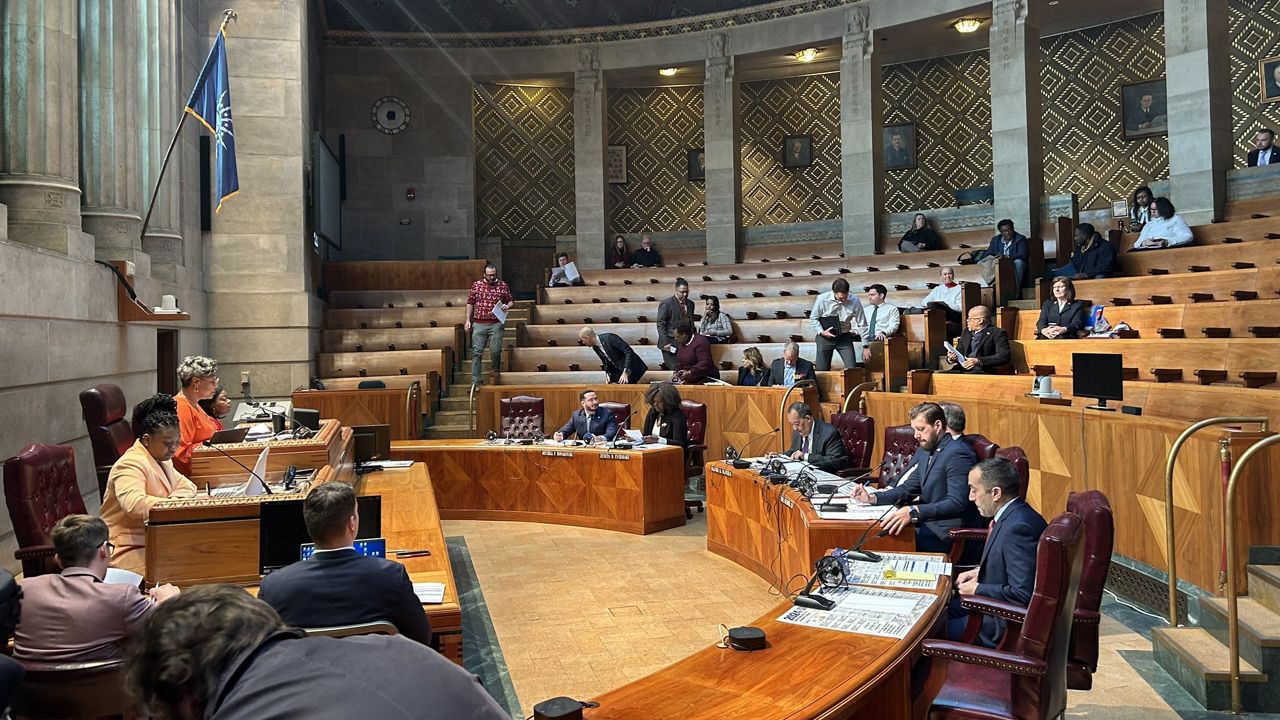BUFFALO, N.Y. — Section 230 of the Communications Decency Act absolves social media platforms of liability when it comes to the hosting and sharing of dangerous content, but one attorney said it is time to change that.
Attorney Kristen Elmore-Garcia represents some of the families of the victims of the 5/14 racist mass shooting in Buffalo and said she believes it is time to update legislation to hold social media platforms accountable in these cases.
“We believe that the person who carried out this attack on our city, on our beautiful people who live here, was influenced and was radicalized by what he saw online on social media," said Elmore-Garcia, attorney at the Law Office of John V. Elmore P.C. in Buffalo. “Young men are increasingly fed into the area of violent content and young white men specifically are increasingly fed into the world of radicalization.”
The shooter published a digital manifesto and much of the evidence in court was made up of terabytes of data. The shooter pleaded guilty in state court but awaits the potential for a trial in federal court if the death penalty is sought by the prosecution. If the case goes to federal trial, the evidence would be shared with the public and give people a glimpse into what happens in the corners of the web where the flames of white supremacy are fueled.
Meaning the author, not the platform, is responsible.
That law was written in 1996, decades before the Internet we know today was formed.
Elmore-Garcia said the law needs to be updated in order to prevent the further spread of hate that could lead to attacks like on 5/14.
“There needs to be some safeguards,” said Elmore-Garcia. “There needs to be some controls and limits on the way the product is designed for us to interact with them in the first place.”
She also encouraged parents to talk to their children about what apps they use and what kind of content they see.










